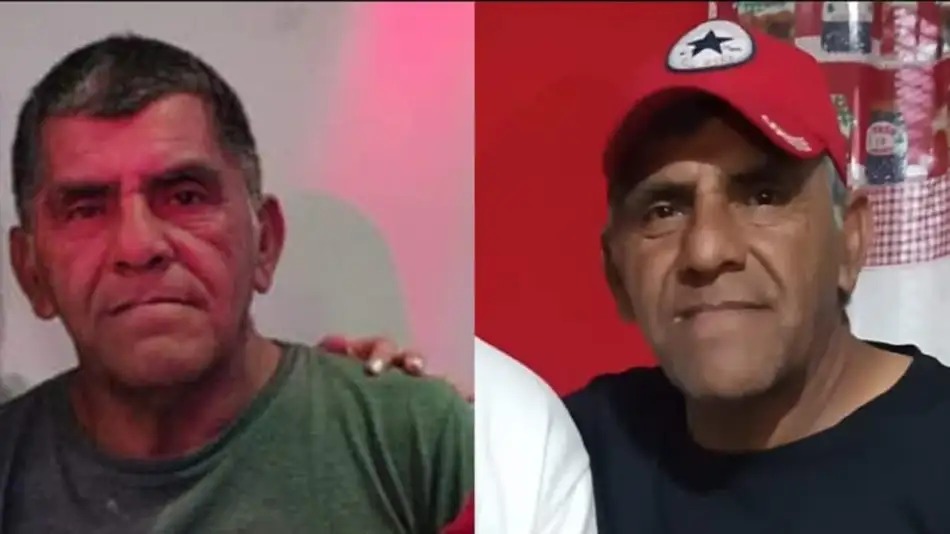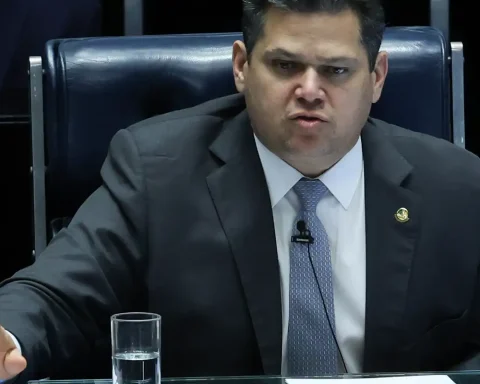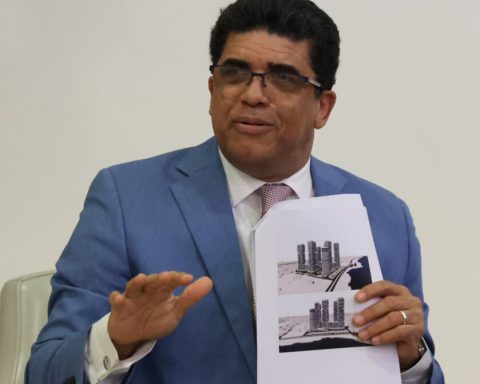“Starting next week, we will be generating demonstrations,” said Manuel Morales, an opponent from the National Committee for the Defense of Democracy (Conade).
For his part, former President Morales (2006-2019) said on Twitter that “10 years in prison is a benign sentence in relation to the damage they caused to democracy.”
Áñez’s family called the former leftist president a “coward” and announced that they will appeal the ruling.
“It is a political sentence. Nothing is going to change because my mother is going to continue to be a political prisoner,” lamented Carolina Ribera, daughter of the former right-wing president.
A court in La Paz found Áñez guilty on Friday night of the crimes of breach of duties and resolutions contrary to the Constitution.
Áñez, who will turn 55 on Monday, will complete her sentence in the La Paz women’s prison where she has been in preventive detention for the last 15 months. In addition, she will have to pay an as yet unspecified amount of damages to the State.
In her final argument, Añez had declared her innocence, pointing out that the Court “excluded” evidence that ruled out an overthrow of Morales in 2019, and announced that she would go to international justice.
“I did what I had to do, I assumed the presidency by commitment,” said Áñez, who governed between 2019 and 2020, while dozens of protesters outside the jail demanded his sentence.
Former Armed Forces Commander William Kalimán and former Police Chief Yuri Calderón, both fugitives, were also sentenced to 10 years for the same crimes.
– Declaration of former presidents –
Justice considers that Áñez unconstitutionally reached the presidency in November 2019 after the resignation of Morales (2006-2019) amid massive protests for alleged electoral fraud denounced by the Organization of American States (OAS).
Áñez, a lawyer and former television presenter, came to the presidency in order to organize new elections after all those who had to succeed Morales resigned: the vice president, the head of the Upper House and the president of the chamber of deputies. .
The Constitutional Court endorsed the procedure by which Áñez reached the presidency.
The elections were held in October 2020 after two postponements due to the pandemic, and the winner was Luis Arce, Morales’ dolphin.
“Today history was made. Mrs. Jeanine Áñez was sentenced to 10 years… for the self-proclamation and the violation of the rules of constitutional succession,” tweeted the Minister of the Interior (Interior), Eduardo del Castillo.
From the opposition, the former president of the center Carlos Mesa (2003-2005) said that the ruling Movement for Socialism (MAS) committed a “political crime” by “using the servile justice system.”
A group of 23 former presidents of Ibero-American countries asked the UN and the European Union to “repudiate the intention to sentence her arbitrarily.”
– Other process –
Another case against the former president, for sedition, terrorism and conspiracy, is in the investigation stage, so there are still no formal charges.
According to one of his lawyers, Luis Guillén, “two processes are being followed for the same act”, something that violates a general principle of law.
In addition, Guillén stressed that “it cannot be an ordinary court that decides what is constitutional.” The Constitutional Court rejected an appeal for that reason.
The lawyer emphasized that it is up to judge the former president in Congress and not by ordinary means.
The complainants – the leftist government, the Prosecutor’s Office and Congress – argue that Áñez’s actions prior to her government are being judged, for which an ordinary trial corresponds.
The former president was also singled out for “genocide” – which carries prison sentences of between 10 and 20 years – following the complaint of relatives of victims of the November 2019 repression.
A group of experts hired by the Inter-American Commission on Human Rights (IACHR) in agreement with Bolivia recorded 22 deaths and found “serious violations of human rights” during the incidents.
This case will be dealt with by Congress, which will decide whether or not to hold a trial of responsibilities against her.
The IACHR report also questions the independence of the Bolivian judicial system.


















